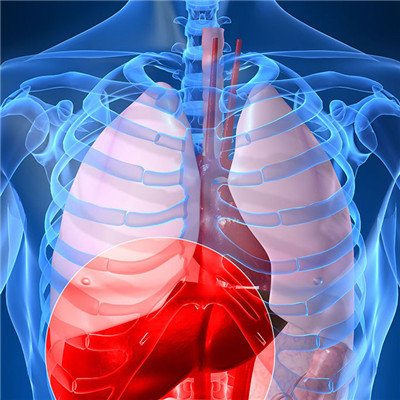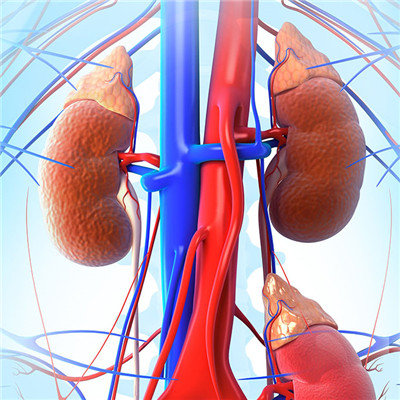Symptoms of intracranial infection after brain surgery?
summary
Cerebral hemorrhage is a high incidence disease in the middle-aged and elderly people. Many patients will choose surgical treatment after medical conservative treatment is invalid, and surgery will bring many sequelae, intracranial infection is a common sequelae. Understanding the symptoms of intracranial infection can help patients and their families to understand their condition and treat them in time to avoid the delay of the disease.
Symptoms of intracranial infection after brain surgery?
Intracranial infection usually occurs in medical diseases, such as encephalitis, meningitis, brain cysts and so on. Intracranial infection in surgical field is mainly caused by trauma or after operation. After the operation, we should often check the shape and size of the surgical wound to determine whether there are bone fragments or cerebrospinal fluid spillage. The examination is best carried out under the guidance of the doctor, and the family members should not rush to cause infection.

Patients with intracranial infection will initially show body fever, accompanied by vomiting, headache and so on. Then there will be neck stiffness, convulsions, headache will increase. In cough, body force will cause head, back, shoulder and neck pain, it is necessary to consider whether there is intracranial infection.

Severe intracranial infection will appear syncope phenomenon, if not treated in time, it is likely to cause paralysis, hemiplegia. Therefore, in a week after craniotomy, we should always pay attention to whether the patient has fever, headache, unconsciousness, unclear language and other symptoms. If these conditions occur, we need to contact the doctor immediately for diagnosis and treatment, never wait for serious symptoms to appear.

matters needing attention
When the symptoms of intracranial hemorrhage do not panic, as long as timely and effective treatment will not be life-threatening. In short, intracranial hemorrhage is not terrible, terrible is not timely treatment and led to serious consequences. When the early symptoms appear, they need to be sent to the hospital to contact the doctor for examination and treatment. Only patients and their families are vigilant, can they treat intracranial infection in time.











